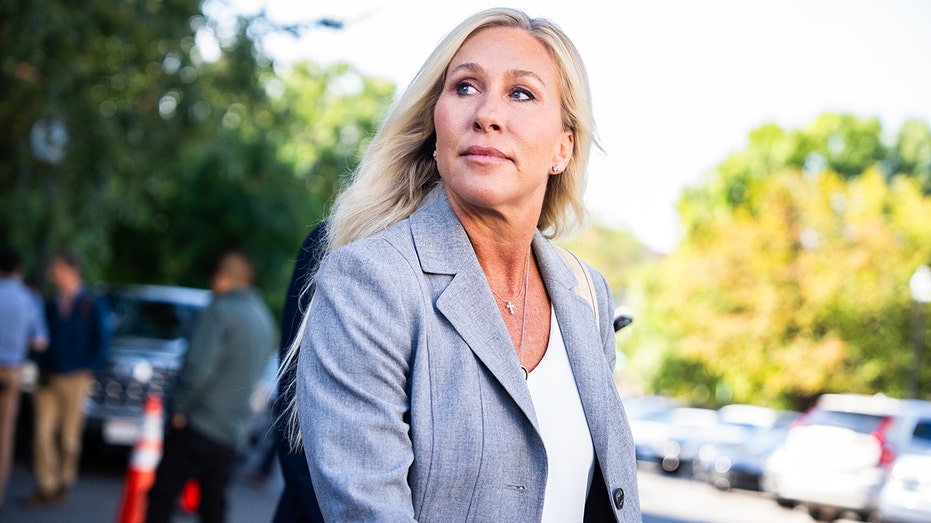A political firestorm erupted after allegations surfaced concerning the flow of Minnesota taxpayer funds to Somalia, prompting a swift response from former President Trump. He announced the termination of Temporary Protected Status (TPS) for Somali immigrants residing in the state, a decision that immediately ignited controversy.
Minnesota has become increasingly known for its large Somali immigrant population, particularly within cities like Minneapolis. This demographic shift has become a defining characteristic of the state, influencing its cultural and political landscape.
Representative Ilhan Omar, representing Minnesota’s 5th congressional district, publicly challenged the former president’s directive. Her response included a passionate defense of the Somali community, framing them as integral to the nation’s identity.

Omar’s sudden emphasis on national pride struck some as incongruous, given her previous criticisms of the United States. Observers questioned the timing and sincerity of her patriotic rhetoric, contrasting it with past statements denouncing the country’s perceived flaws.
At a press conference, Omar asserted that the former president lacked the legal authority to unilaterally terminate TPS for Somalis in Minnesota. She pointed to the expiration date of the current TPS designation in March 2026, arguing that any immediate impact was legally improbable.
“When the president tweets as if he has the authority to terminate Temporary Protected Status for Somalis in Minnesota, even little kids in eighth grade know that that is not an authority that the president has,” Omar stated, emphasizing what she believed to be a fundamental misunderstanding of the law.
She further argued that the former president’s attempt to revoke TPS specifically for one state exceeded his constitutional powers. Omar positioned herself as a defender of the law, contrasting her stance with what she characterized as the former president’s “lawless” actions.
A clip from the press conference circulated widely, featuring Omar declaring, “Somalis have always been a fabric of this nation.” This statement fueled further debate, with many questioning the historical basis for her claim and the sudden shift in her public messaging.
The juxtaposition of Omar’s past criticisms of America with her recent defense of the Somali community as essential to the nation’s fabric created a complex and contentious narrative. The situation sparked intense scrutiny of her political motivations and the evolving rhetoric surrounding immigration and national identity.




